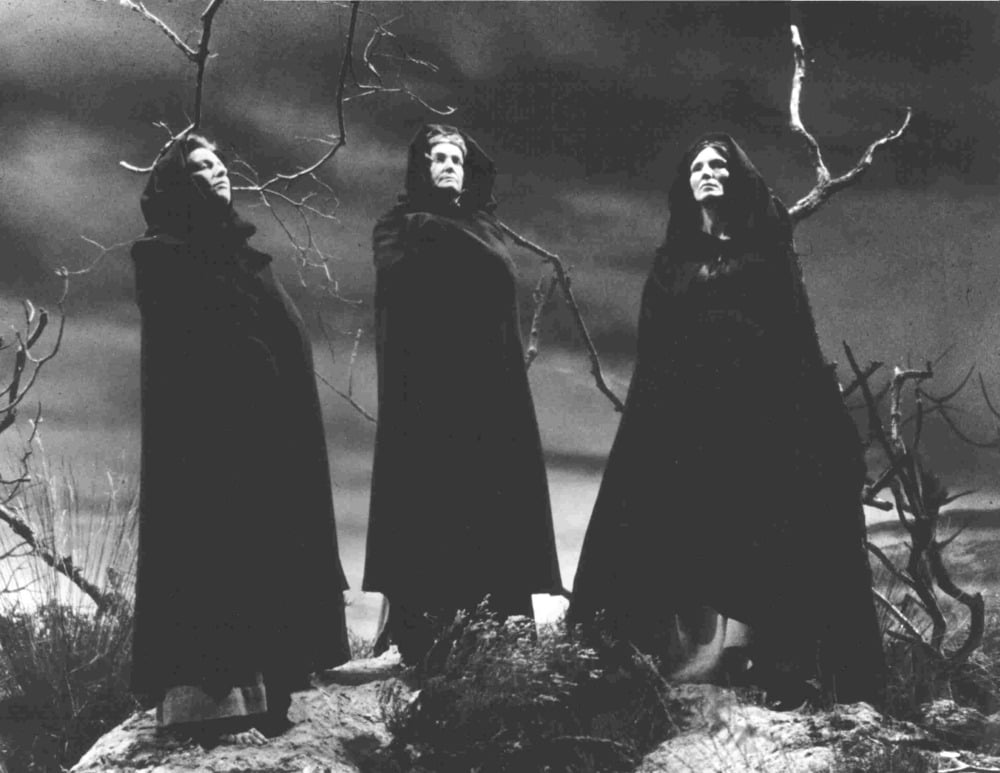As in the Jihad, most humble, most merciful Gang Starr – What I'm Here 4
What is this?
The Genius annotation is the work of the Genius Editorial project. Our editors and contributors collaborate to create the most interesting and informative explanation of any line of text. It’s also a work in progress, so leave a suggestion if this or any annotation is missing something.
To learn more about participating in the Genius Editorial project, check out the contributor guidelines.
What is this?
The Genius annotation is the work of the Genius Editorial project. Our editors and contributors collaborate to create the most interesting and informative explanation of any line of text. It’s also a work in progress, so leave a suggestion if this or any annotation is missing something.
To learn more about participating in the Genius Editorial project, check out the contributor guidelines.
What is this?
The Genius annotation is the work of the Genius Editorial project. Our editors and contributors collaborate to create the most interesting and informative explanation of any line of text. It’s also a work in progress, so leave a suggestion if this or any annotation is missing something.
To learn more about participating in the Genius Editorial project, check out the contributor guidelines.
What is this?
The Genius annotation is the work of the Genius Editorial project. Our editors and contributors collaborate to create the most interesting and informative explanation of any line of text. It’s also a work in progress, so leave a suggestion if this or any annotation is missing something.
To learn more about participating in the Genius Editorial project, check out the contributor guidelines.
What is this?
The Genius annotation is the work of the Genius Editorial project. Our editors and contributors collaborate to create the most interesting and informative explanation of any line of text. It’s also a work in progress, so leave a suggestion if this or any annotation is missing something.
To learn more about participating in the Genius Editorial project, check out the contributor guidelines.
What is this?
The Genius annotation is the work of the Genius Editorial project. Our editors and contributors collaborate to create the most interesting and informative explanation of any line of text. It’s also a work in progress, so leave a suggestion if this or any annotation is missing something.
To learn more about participating in the Genius Editorial project, check out the contributor guidelines.
What is this?
The Genius annotation is the work of the Genius Editorial project. Our editors and contributors collaborate to create the most interesting and informative explanation of any line of text. It’s also a work in progress, so leave a suggestion if this or any annotation is missing something.
To learn more about participating in the Genius Editorial project, check out the contributor guidelines.
Till he disbursed at Saint Colme's Inch
Ten thousand dollars to our general use. William Shakespeare – Macbeth Act 1 Scene 2
What is this?
The Genius annotation is the work of the Genius Editorial project. Our editors and contributors collaborate to create the most interesting and informative explanation of any line of text. It’s also a work in progress, so leave a suggestion if this or any annotation is missing something.
To learn more about participating in the Genius Editorial project, check out the contributor guidelines.
They smack of honor both. -Go, get him surgeons. William Shakespeare – Macbeth Act 1 Scene 2
What is this?
The Genius annotation is the work of the Genius Editorial project. Our editors and contributors collaborate to create the most interesting and informative explanation of any line of text. It’s also a work in progress, so leave a suggestion if this or any annotation is missing something.
To learn more about participating in the Genius Editorial project, check out the contributor guidelines.








What is this?
The Genius annotation is the work of the Genius Editorial project. Our editors and contributors collaborate to create the most interesting and informative explanation of any line of text. It’s also a work in progress, so leave a suggestion if this or any annotation is missing something.
To learn more about participating in the Genius Editorial project, check out the contributor guidelines.
This is one of a few lines on the album that actually mentions the word “Illmatic”. Here’s another. As for the meaning of Illmatic, Nas went Inside the Lines with Rap Genius and revealed that it was a QB slang word for something that was the absolute illest, and was also a reference to his incarcerated friend Illmatic Ice.
Like another line in this song, vocabulary spills I’m ill was sampled in Big L’s “Ebonbics”.
You are missing a lot of wordplay in the aforementioned lines and this one. School a fool well (Nas can teach anyone and with style) you feel it like braille (You can tell Nas is great even if you blind). It aint hard to tell (You know the truth even if you don’t want to say and are playing dumb): Nas kicks a skill (that is, he drops knowledge/jewels out of habit) the way Shaquille holds a pill (that is, effortlessly, or like second nature to him). Vocabulary spills (you know, a word flow) i’m ill (means Nas is sick with rhymes, but also a play on the word pill from the previous line) plus matic (a play on how much words/wordplay is sprayed each time he speaks. Bottom line: He breaks his words up to break it down. So if you though he was just ill–you’d be grievously wrong. What he speaks is backed by the ‘matic. Get it? A plus.
6,409
He also uses this rhyme from his previous verse on MC Serch’s “Back to the Grill” in which he says “I let the vocabulary spill”